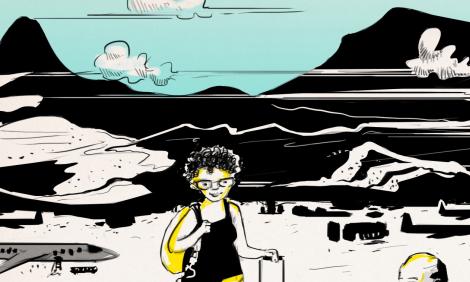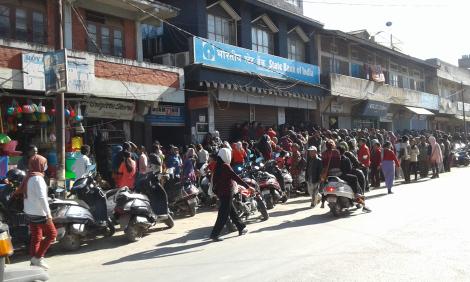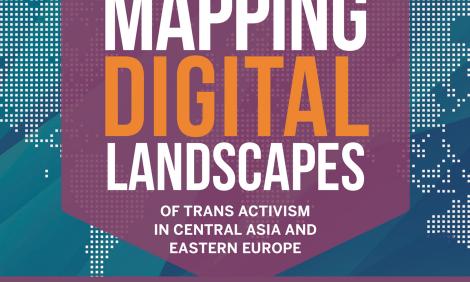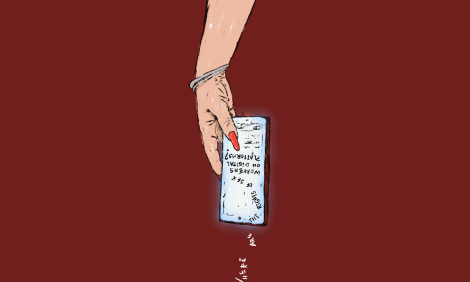
In depth
Not too young to run: Politics, gender and social media in Nigeria
Social media and technology is transforming democracy and particularly how voting takes place. In Nigeria a bill was proposed to lower the age of running for public office. Here are short interviews with candidates for public office and for the office of the President, including young women, and their take on Nigeria, representation of women, social meida and its role in politics and movements…

Voices and Views
TBTT Global Meet, Nepal: An illustrated journey with questionable accuracy/a love letter to the gathering
An illustrated journal and love letter to the feminists, hackers, women, gender-diverse, astrology-believers, radical nay-sayers, hikers, sleepers, vegans, beef-eaters, and everyone else who gathered in Nepal for the Take back the Tech and Feminist Tech Exchange camps in August 2018.

Review
How internet shutdowns affect the lives of women in Manipur
What is the experience of living through frequent network shutdowns and bans on mobile internet in the context of Manipur, a region located northeast of India. This article reviews a report on shutdowns in the region, and explores the specific impacts on women, and more broadly on people living in a sensitive region.

Publication
Mapping Digital Landscapes of Trans Activism in Central Asia and Eastern Europe.
This report on Mapping Digital Landscapes of Trans Activism in Central Asia and Eastern Europe provides a regional overview of digital organizing by trans activists in Central Asia and Eastern Europe, emphasizing shared patterns of digital usage, barriers to free and safe use of the internet, and resistance strategies to homo/transphobic-motivated censorship, surveillance, and online attacks…

Publication
Mapping research on gender and digital technology
The emerging sub-field of research around gender and digital technology is united in its understanding that gender biases and stereotypes are embedded in technology, and that this reproduces the existing problems around gender parity, gender-based violence, discrimination and exclusion on the internet. This report is a mapping of the research around gender and digital technology in the decade…

Feminist talk
iHEAR TransNet: Intersectional experiences of TFGBV among the trans, non-binary and gender diverse communities in India
Adopting an intersectional and participatory approach, this article shares the stories of how transgender, non-binary and gender-diverse people experience TFGBV, what strategies they employ to resist and safeguard themselves, and what barriers exist in accessing support.

Feminist talk
“I am drowning under the weight of hatred”: The scope and nature of TFGBV in Tajikistan
Set against Tajikistan’s political and social structure, this article highlights how TFGBV exists as a continuum with offline violence, reinforcing patriarchal values and established gender norms that have power over women and are used to control them.

Feminist talk
A decolonial feminist exploration of Black women and gender non-conforming people’s experiences of technology-facilitated gender-based violence
The article reveals how Black women and gender non-conforming persons experience TFGBV differently due to historical and geopolitical factors, and how TFGBV is used to silence bloggers and journalists doing feminist works.

Feminist talk
Witnesses, militants, martyrs: When technology meets borders
In the era of AI-automated annihilation, the authors bring us through the many questions on what and how a truly decolonial act looks like – what sabotaging the tools of colonial genocide and occupation, and embracing limitations as anti-colonial praxis, could look like.

Feminist talk
Between survival and resistance: Digital rights of sex workers in Uruguay
This article reflects on how the increased digitalisation of sex work has provided opportunities for greater independence and safety, but it also exposes them to violence and surveillance and intensifies precarity by transferring costs and risk onto sex workers.




